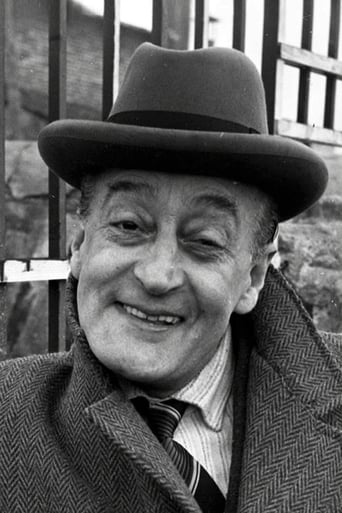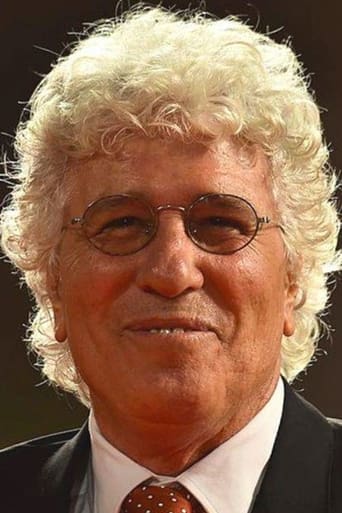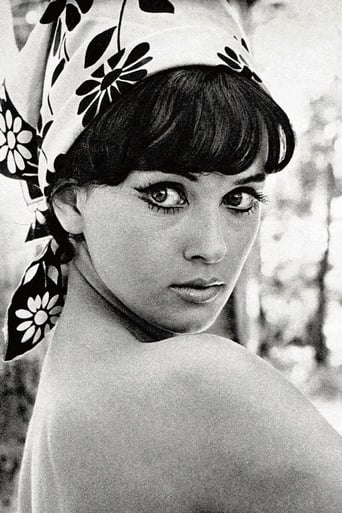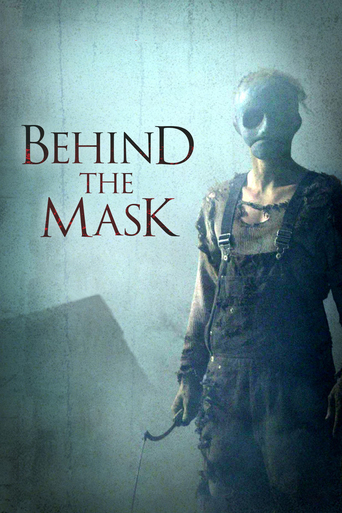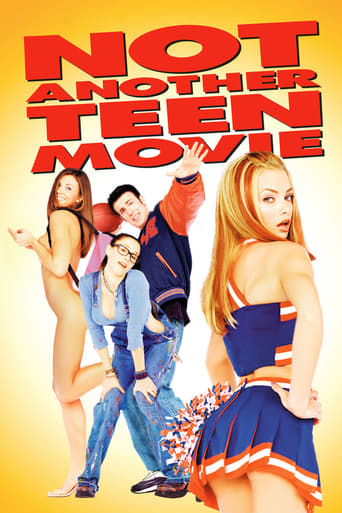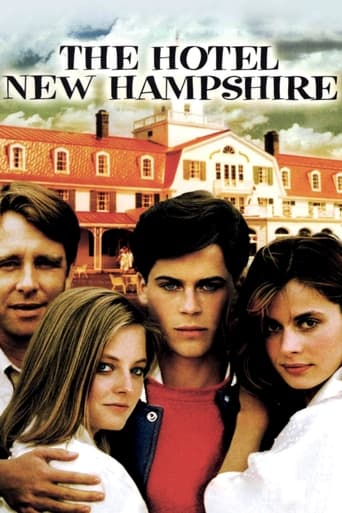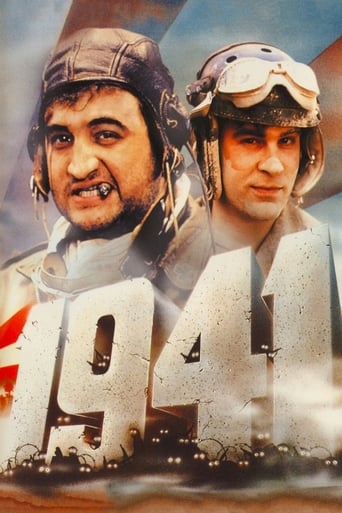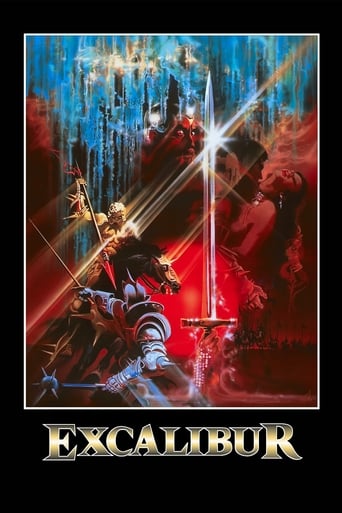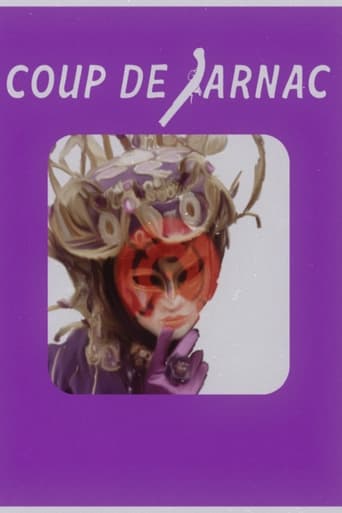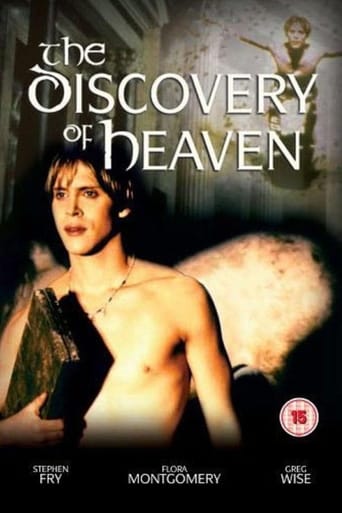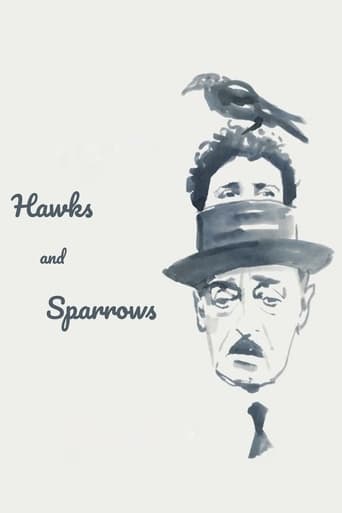
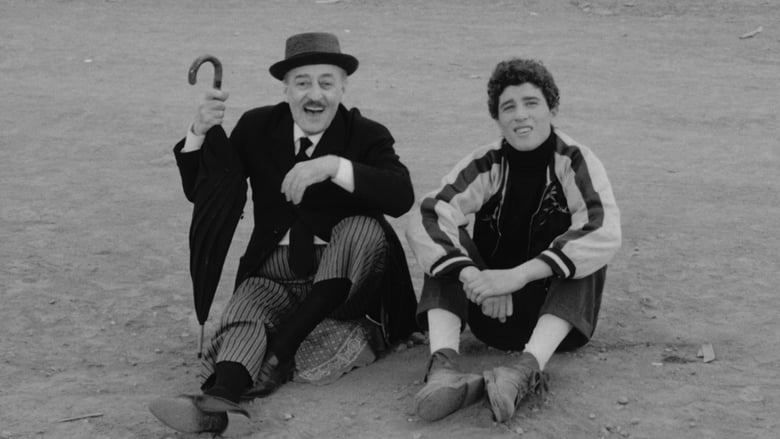
The Hawks and the Sparrows (1967)
A man and his son take an allegorical stroll through life with a talking bird that spouts social and political philosophy.
Watch Trailer
Cast


Similar titles
Reviews
This richly symbolic film is really impossible to understand without some knowledge of 20th Century Italian history, and particularly the power of the Roman Catholic Church. The Lateran Treaty of 1929 finally politically separated Italy from Church power by creating the Vatican as a sovereign state. But the trade off was the that the Church was still left in power over many aspects of everyday Italian life. For instance, Italy finally established a civilian divorce law through a bitterly contested 1970 referendum. Before then, divorce was under strictly in the domain of Church law, and the Church NEVER granted a divorce, even in extreme cases like when a spouse was abandoned many years hence. Overall, however, the power of the Church still resided in the blind allegiance of Italians at all levels to Church morality. Over decades, this led to impeding Italy's social and political progress, and greatly maintained the status quo in the division between the privileged upper class & the downtrodden masses. The Leftist & Communist movements that began after WWII battled against this status quo, and indirectly against the Church through Progressive agendas. ALL This doesn't even amount to an adequate thumbnail of all the issues that this film touched upon. Pasolini really needed to couch this head-on criticism of contemporary Italian society in a comedy, because I suspect that at some level he would have feared for his life had he delivered a more serious work covering the same controversial topics. ... [email protected]
I'm not normally a fan of Pasolini, but this not very well known film from 1966, a kind of bridge between his earlier realistic films (Accatone, Mamma Roma) and the later explorations into the realm of popular myth (the medieval Trilogy), is worth a look. It stars the legendary Italian comic Toto, and Ninetto Davoli, who was Pasolini's lover and would be featured in many of his films. The pair engages in a number of comic misadventures, both in the Italy of the mid 60s (where they walk through what seems to be a huge urban wasteland), and in medieval times, where they appear as disciples of Saint Francis of Assisi. The movie is shot in a free-form style, has a lot of off the cuff humor, and is a sort of an odd combination between the theater of the absurd, the slapstick comedy of the silent movie era and the political films of Jean Luc Godard. There are also many quotes for thinkers revered by the European left of the time, as well as a talking crow. The movie ends up showing the funeral of longtime Italian communist leader Palmiro Togliatti, though given Pasolini long time support of Italian communism is not clearly what this means.
A picaresque approach by a master of the Italian cinema resulted in this personal and different film by Pier Paolo Pasolini. The director, who wrote and produced this picture, was in great form in this story that is more like a fable, deliciously acted by Toto and Ninetto Davoli, one of the best pairings in Pasolini's movies.The film is, in many aspects, a road movie. From the beginning, we watch as Toto and Ninetto take to the road in their trip to nowhere, it seems, but a trip which permits Pasolini examine some of the things that obsessed him, mainly his dislike for organized religion, as he perceived it in his country, as it clashed with reality. He takes the life of Saint Francis and the story about his relationship with the birds as the main topic for the movie.It's hard to add anything else to what already has been said by the valuable contributions to IMDb. This film is one of the most inspired by the director. In it, he doesn't pound on the viewer's head those things that were dear to him. In fact, the film has a whimsical touch as we follow the two travelers, Toto and Ninetto, through rural Italy as a raven keeps telling them stories.Toto is perfect as the older man who is living in his own world and doesn't see the changes around him. Ninetto Davoli gives a great performance as the happy go lucky son. Their surname, is Innocenti, or Innocent, which in a way, fits their characters rather well.The black and white cinematography by Mario Bernardo and Tonino Delli Colli works wonders for the film. Ennio Morricone's musical score also enhances all that one sees on the screen. This is a light Passolini, but one that delves deep into the subjects that were so dear to the director's heart.
Innocenti Totò (Totò) and his son Innocenti Ninetto (Ninetto Davoli) are drifting in a road in Italy, when they meet a Marxist speaking crow. The trio travels together in a long journey, but when hunger increases, the crow is simply eaten by the drifters."Uccellacci e Uccellini" is an original and critical surrealistic fable about the fate of the leftist ideology in the view of Pasolini. Although dated, the lead story is good, using the successful style of road-movie of the 50's explored by other Italian directors, like Fellini or Rossellini; but like a machine gun, Pasolini shots everywhere making the plot diffused, confused and sometimes boring. Totò has good performance, but Ninetto Davoli in his debut is very silly, with a forced smile on his face. The DVD released in Brazil by the minor Brazilian distributor Mediagroup is surprisingly good, presenting restored image and having lots of extras inclusive a documentary of 28 minutes running time about Pier Paolo Pasolini. There is a mistake in the Audio Menu: the 5.1 option shows indeed the movie with comments in Italian. But this minor mistake does not diminish the value of the Brazilian DVD. My vote is five.Title (Brazil): "Gaviões e Passarinhos" ("Hawks and Sparrows")


